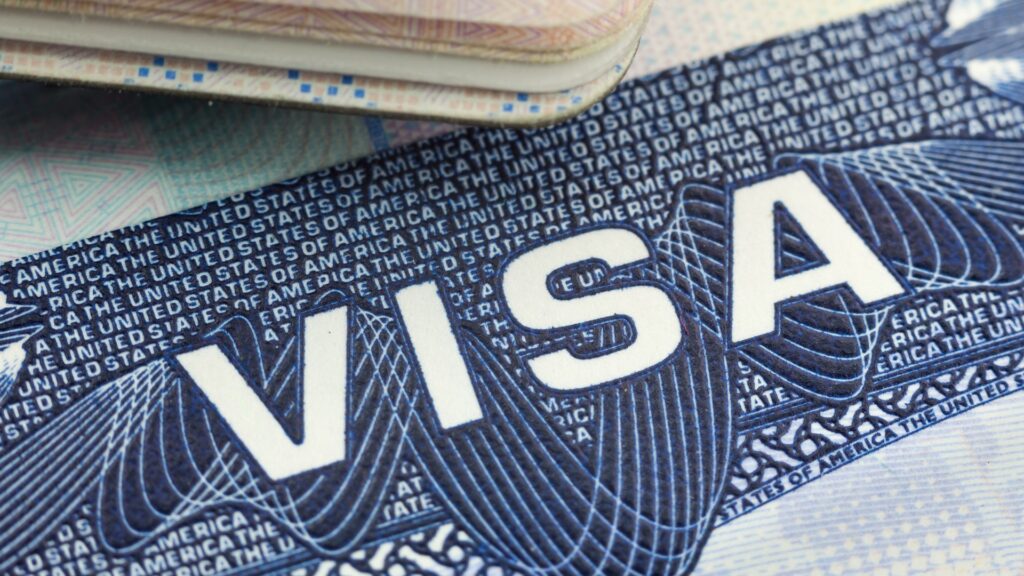Proclamation 10052 has expired and is no longer in effect.
President Joe Biden elected not to extend the order, which temporarily suspended entry into the United States of certain employment-based nonimmigrant visa holders. As a result, the order expired on March 31, 2021.
Below are some key details and information about the expiration of Proclamation 10052:
Background information
Proclamation 10052 was initially signed by former President Donald Trump in late June 2020 and was extended just before its original expiration date of Dec. 31, 2020. Trump claimed the measure was necessary because of the impact of the COVID-19 pandemic on the U.S. labor market.
While in place, the proclamation applied to foreign nationals who:
- Were outside of the U.S. the day the proclamation took effect (June 24, 2020);
- Did not already have a valid H-1B, L-1, H-2B or J visa stamp in their passport (if seeking entry in one of those categories); and
- Did not have an official travel document other than a visa (such as a transportation letter, an appropriate boarding foil or an advance parole document) valid on the effective date of the proclamation or issued on any date thereafter permitting travel to the United States.
The proclamation included multiple exemptions and exceptions.
Impacts of expiration
The expiration of Proclamation 10052 will allow foreign nationals impacted by the measure to apply for H-1B, L-1, H-2B or J visas. Although the expiration of the Proclamation lifts a tight restriction on issuance of these visa stamps, individuals’ abilities to apply for visa stamps will be subject to their applicable U.S. Consulate’s appointment availability.
Globally, U.S. Consulates are limiting their operations and/or routine visa services as a result of COVID-19 and appointment wait times may be lengthy.
Those individuals may also still be affected by a previously issued proclamation suspending entry of foreign nationals who have been physically present in one or more of 30+ specific countries experiencing high levels of COVID-19 within 14 days preceding entry into the United States.
An individual who is physically present within or travels to a restricted country will be required to quarantine for 14 days in a non-restricted country before entering the U.S., unless they qualify for an exemption or exception (such as a “National Interest Exception”) as first determined and granted by the Department of State.
Individuals seeking to apply for visa stamps and/or enter the United States should consider consulting with experienced immigration counsel before finalizing travel plans.
Repeal of proclamation barring Immigrants from entering U.S
Biden also rescinded a previously issued ban that temporarily barred certain individuals from entering the U.S. as Immigrants.
Former President Donald Trump initially implemented that measure (Proclamation 10014), as well, citing the COVID-19 pandemic. Biden revoked the suspension in late February, declaring that the policy “does not advance the interests of the United States.”
That Trump policy had impacted foreign nationals seeking to enter the U.S. for the first time as permanent residents. Biden also instructed the Secretary of State, the Secretary of Labor and the Secretary of Homeland Security to review “any regulations, orders, guidance documents, policies, and any other similar agency actions developed pursuant to Proclamation 10014 and, as appropriate, issue revised guidance.”
Other immigration actions taken by Biden
Biden has issued multiple proclamations and executive orders related to immigration since he took office in late January.
During his first days in the White House, Biden signed a memorandum to “preserve and fortify” the DACA program and rescinded travel bans on foreign nationals seeking visas and entry to the United States from certain majority Muslim and African countries — one of the signature policies of the previous administration.
He also reinstituted certain COVID-19 related international travel restrictions, signed an executive order aimed at “restoring faith” in the U.S. immigration system and vacated the controversial Trump-era “public charge” policy.
Further, Biden and other top Democrats have formally proposed a comprehensive immigration bill that, if passed into law, could result in the most substantial legislative reform in decades.

